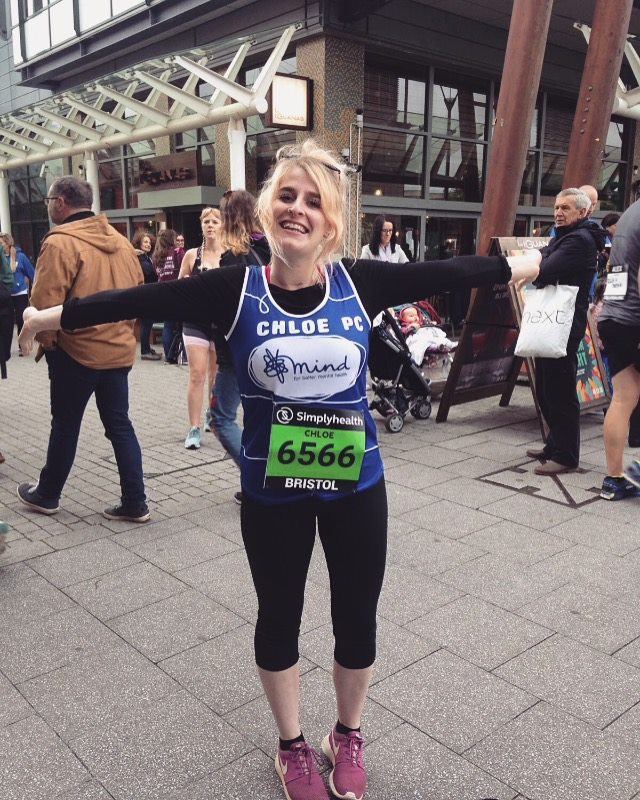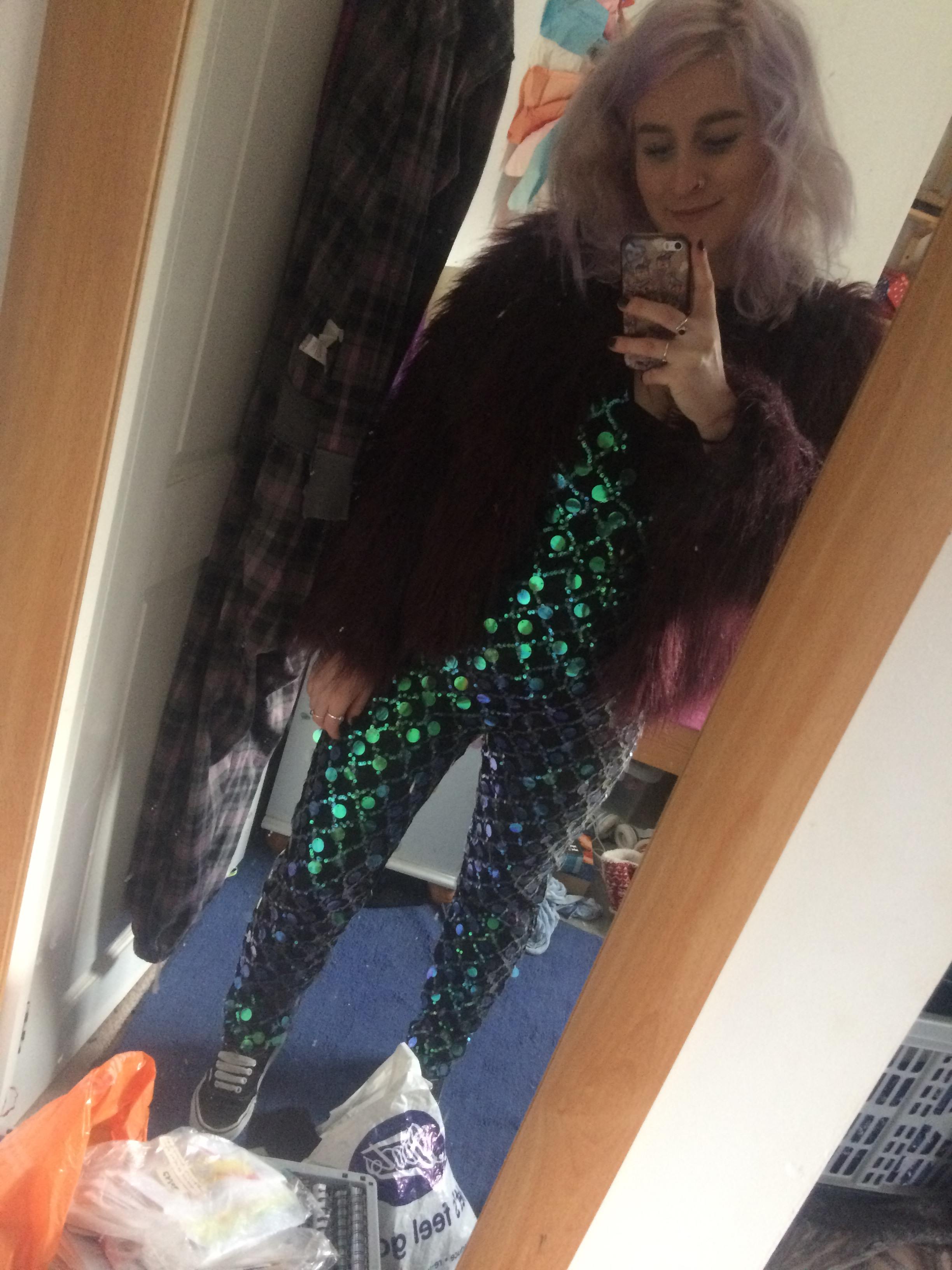Wellbeing Editor, Chloe Payne-Cook, considers the difference between a conventionally healthy lifestyle, and one which becomes harmfully obsessive.
By far the thing I struggle with the most, in terms of my diet, is finding the balance between healthy and harmful. I am aware that people who have not experienced disordered eating or eating disorders also find this a struggle.
once you’ve suffered with disordered eating or eating disorders, it is very, very difficult to ever ‘fully’ recover
But for people, like myself, who have had eating disorders, food and diet can be very difficult arenas to tackle. I’ve gone from being put on food supplements by my GP to try and make me gain weight, to being told by this same GP two years later, that I need to lose a bit of weight.
I am a 5ft 2, size 10 woman. My BMI tells me that I am overweight and need to lose weight. My friends and family tell me that I look healthy and happy. I no longer fall into my ‘safe-weight’ zone (of being 9 and a half stone) which makes me uncomfortable but it always will.

Epigram / Chloe Payne-Cook
Of course, this might sound like disordered eating and realistically, it probably is. But the fact of the matter is, once you’ve suffered with disordered eating or eating disorders, it is very, very difficult to ever ‘fully’ recover.
This is not to dismiss or disregard people who have made amazing recoveries. It is possible!! And many people achieve it. I am recovered and applaud myself for overcoming these immensely complex conditions. What I am trying to say is that it is very hard to completely let go of these deeply ingrained feelings towards diet and exercise.
Hence why I am writing this piece. As somebody who have experienced eating disorders, I often wonder where the line between healthy and harmful lies. When does my diet and exercise become unhealthy?
Before Christmas last year, I decided to join slimming world, to budge a couple of pounds and reach a weight of 9 stone, or less. This concerned my girlfriend and some of my friends, however I told myself that a lot of people try to lose weight before Christmas, in order to off-set the inevitable gain.
my mood can still be altered depending on whether I’ve had a ‘healthy’ or ‘unhealthy’ day
I am member of Bristol’s body positive society and I think women of all shapes and sizes have beautiful bodies. Yet, I cannot, however hard I try, apply this logic to myself. Was this not a healthy or ‘normal’ decision to make?
These tribulations can affect eating disorder sufferers daily. My mood can still be altered depending on whether I’ve had a ‘healthy’ or ‘unhealthy’ day – which, it’s worth writing, are both social constructs and are in no way indicative of your worth as a person!!
BUT HEY, on the flip side of this, is the idea of harm. When does an unhealthy day become not ‘normal’. When does it become a binge day? This line is often so hard to establish. A binge day means I am inclined to have obsessive and all-encompassing thoughts about making myself sick.
As somebody who has suffered with anorexia, bulimia and excessive exercising, I am constantly trying to navigate the road between healthy and harmful. Quite frankly, it’s exhausting. I compare my own diet to my peers to try and gage whether what I am doing is right.
I am still teaching myself to fuel my body correctly, but not in a way which is deemed ‘too healthy’. I can’t risk cutting out food groups, such as carbs, for fear of becoming obsessive. Additionally, exercising can become problematic as I push myself further into ‘needing’ to exercise everyday in order to be ‘safe’ or comfortable.
just know that you are worth more than your weight, and you are not defined by a number on a scale
When you are recovering from an eating disorder, or even disordered eating of any sort, there is such a strong emphasis on changing your outlook to a healthy one. But everyone’s definition of a healthy diet differs, and quite substantially so.
In a society which epitomises thinness as a healthy ideal, it can be beyond difficult to distance yourself from diet culture. I continue to try, despite how hard it is. Although in the media, recovery is often represented as quick, relatively painless and a guaranteed pathway, it is in fact incredibly difficult.
My recovery continues to be long, painful and featuring relapse. Excuse the vintage expression, but we are stuck between a rock and a hard place. We are too healthy or not healthy enough. Fattening food is good, but only if we still look healthy. Chocolate is fine but only if you fit into a healthy BMI. We are constantly receiving messages such as this from society, the media and even our own GPs.

Epigram / Chloe Payne-Cook
My advice, from somebody who is still going through recovery (and probably will be forever, which is fine), is to know yourself. It’s so much easier said than done and I appreciate that, trust me.
But knowing yourself, your body and your habits enables you to identify when your personal diet becomes ‘unhealthy’ or a cause for concern. From experience, I know it can feel impossible to get measurements such as BMIs out of your world. Just know that you are worth more than your weight, and you are not defined by a number on a scale.
Featured image: Epigram / Chloe Payne-Cook
What do you think? Comment below or get in touch!
Facebook // Epigram Wellbeing // Twitter









